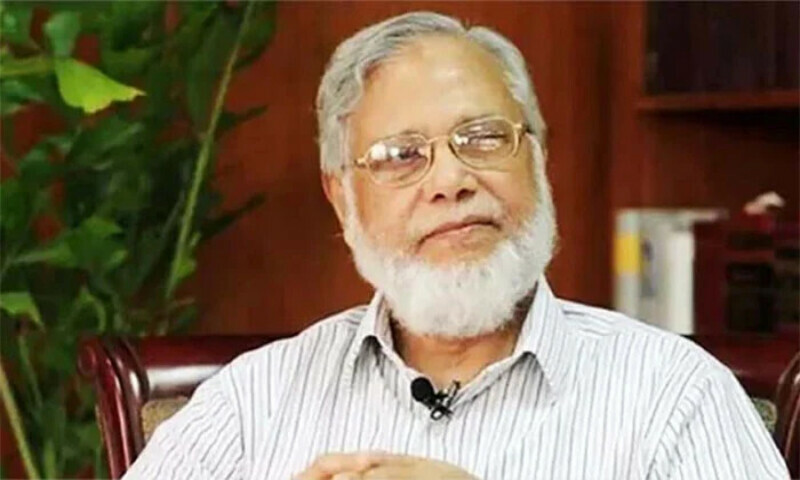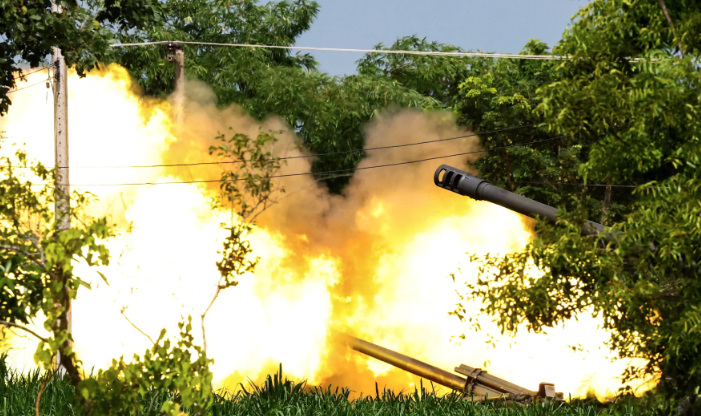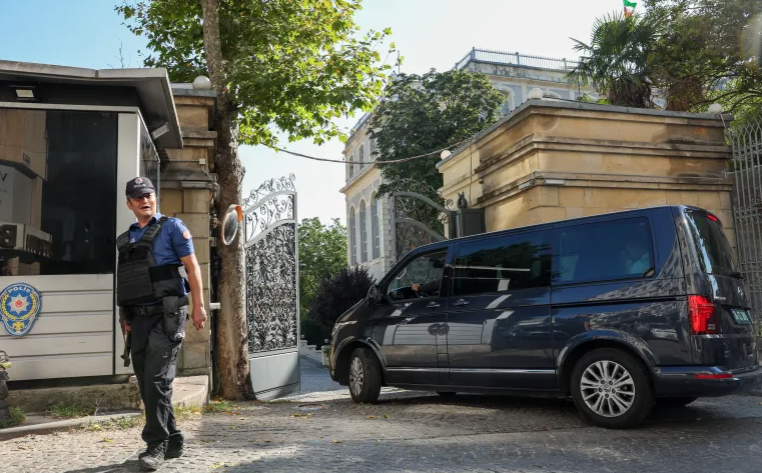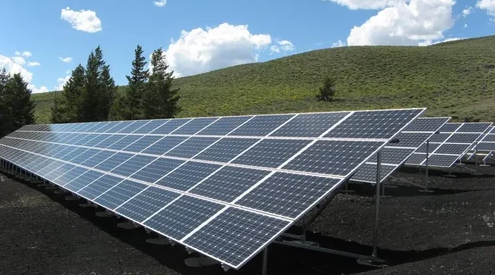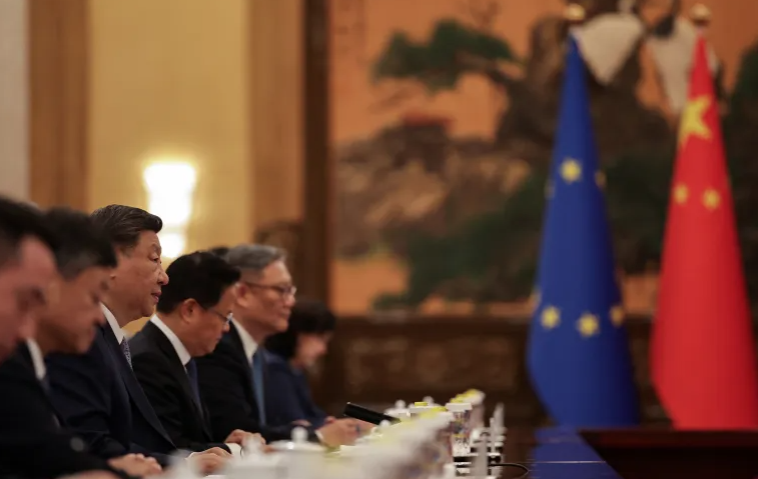WORLD NEWS
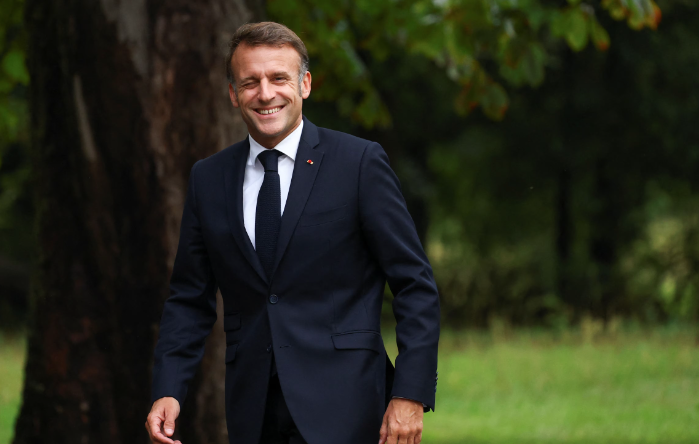
French President Emmanuel Macron announced that France will formally recognize the State of Palestine at the United Nations General Assembly in September 2025. The move is seen as a bold attempt to revive the two-state solution amid the ongoing Israel-Gaza war and international pressure for peace in the Middle East.
The decision, confirmed in a letter to Palestinian Authority President Mahmoud Abbas and publicly shared on X (formerly Twitter), is expected to create diplomatic momentum among other Western nations. “True to its historic commitment to a just and lasting peace in the Middle East, I have decided that France will recognize the state of Palestine,” Macron wrote. “I will make this solemn announcement at the United Nations General Assembly next September.”
France will become the first major Western power to formally recognize a Palestinian state, a move that has drawn sharp criticism from Israel and its closest allies.
Angry Reactions from Israel and the United States
Israeli Prime Minister Benjamin Netanyahu strongly condemned the announcement, calling it “a reward for terror” and warning that it would "create another Iranian proxy on Israel’s doorstep.” In a post on X, Netanyahu said: “A Palestinian state in these conditions would be a launch pad to annihilate Israel — not to live in peace beside it.”
Israeli Defence Minister Israel Katz also lashed out, labeling the decision a “disgrace and a surrender to terrorism.”
In Washington, U.S. Secretary of State Marco Rubio voiced serious concerns, calling Macron’s decision “reckless.” “This only serves Hamas propaganda and sets back peace. It is a slap in the face to the victims of October 7th,” Rubio posted on X, referencing the deadly Hamas-led attack in Israel last year.
The U.S. has consistently opposed unilateral recognition of Palestinian statehood, citing concerns it undermines negotiations. In June, a leaked diplomatic cable revealed Washington had warned allies that recognizing Palestine outside a negotiated framework could trigger diplomatic consequences.
Canada, Israel Tensions Rise
Canadian Prime Minister Mark Carney also added to the international dialogue, urging Israel to stop blocking humanitarian aid and to respect international law. “Canada calls for an immediate ceasefire, the release of all hostages, and for Israel to respect the territorial integrity of Gaza and the West Bank,” Carney said.
He further accused Israel of breaching international norms by obstructing Canadian-funded aid to Palestinians, adding to mounting criticism of Israel’s conduct in Gaza.
Palestinian Authority Welcomes the Move
Palestinian leaders welcomed France’s decision. Vice President Hussein Al Sheikh thanked President Macron and hailed the recognition as a demonstration of France’s “commitment to international law and the Palestinian right to self-determination.”
Strategic Timing and Diplomatic Impact
Macron's decision comes ahead of a United Nations ministerial-level conference on the Israel-Palestine conflict scheduled for July 28-29. The summit, co-hosted by France and Saudi Arabia, had originally been planned as a higher-level event but was downgraded due to regional instability and U.S. pressure.
Sources close to the French foreign ministry say the early announcement was aimed at providing a framework for rallying international support at the General Assembly in September, where more than 40 foreign ministers are expected to attend.
Despite heavy lobbying by Israel and resistance from allies such as Britain and Canada, France appears committed to what Macron sees as a moral and diplomatic responsibility to advance the peace process.
Israeli officials have warned of potential consequences for bilateral ties, including reduced intelligence sharing and retaliation through annexation of disputed territories.
A Turning Point in the Middle East Peace Process?
As Gaza remains under siege and the Israeli-Hamas war rages on, France’s bold move has reignited global debate over Palestinian statehood and the future of peace efforts in the region.
The United Nations Security Council is expected to discuss the development at its next session. Meanwhile, observers say France’s action could pressure other major countries to reconsider their stance on Palestinian recognition — marking a potential turning point in decades of diplomatic stalemate.
